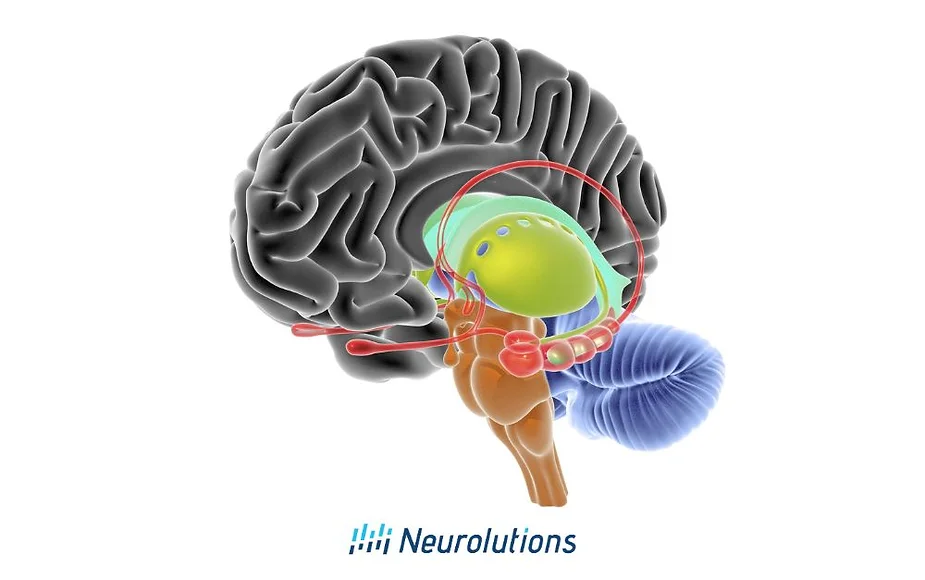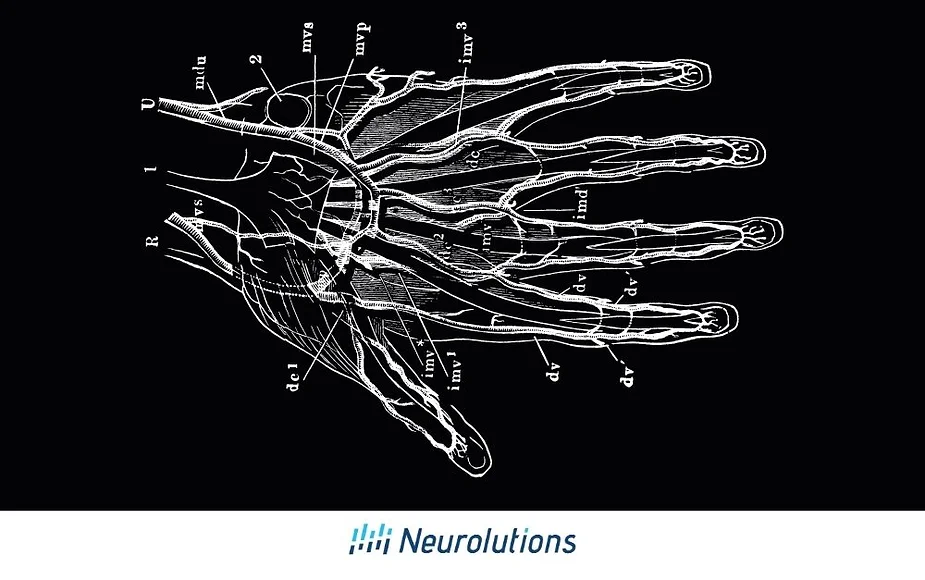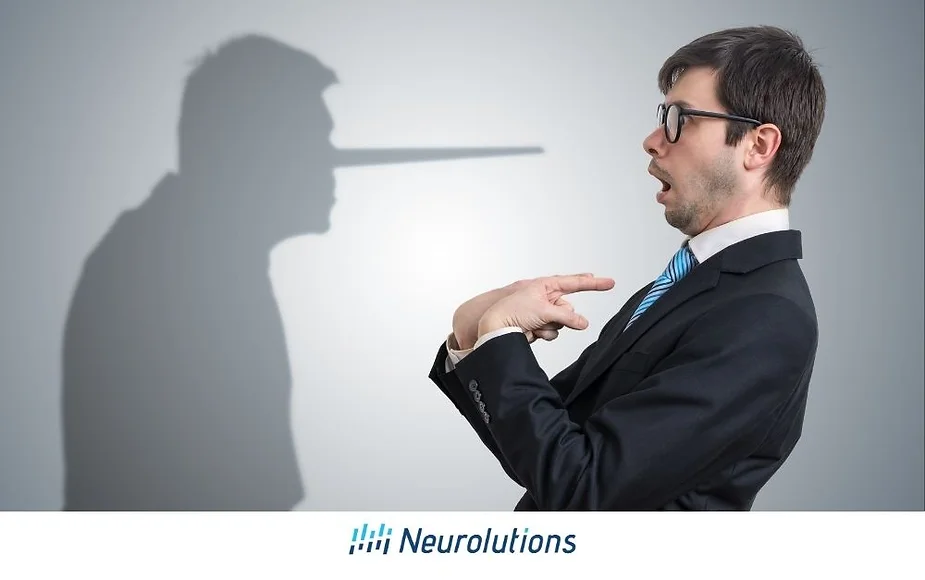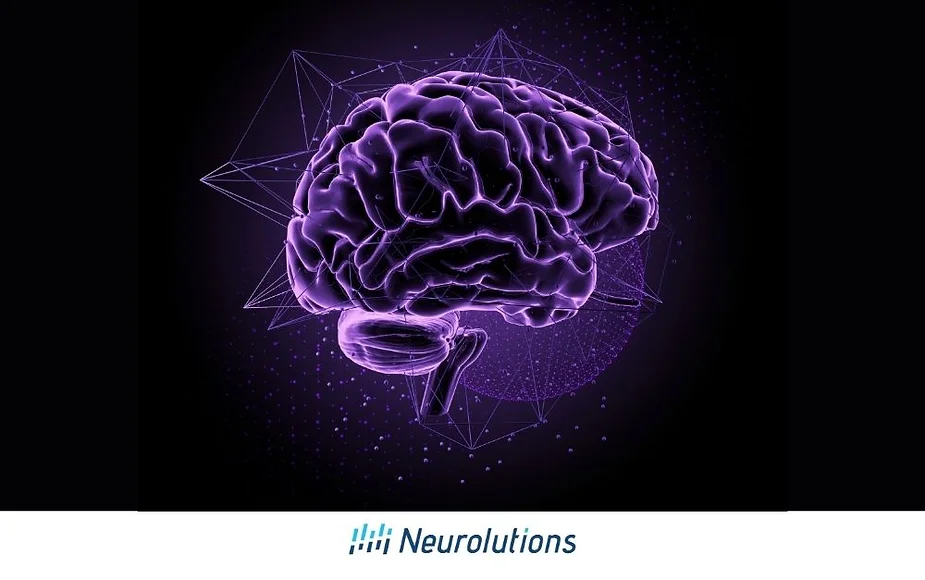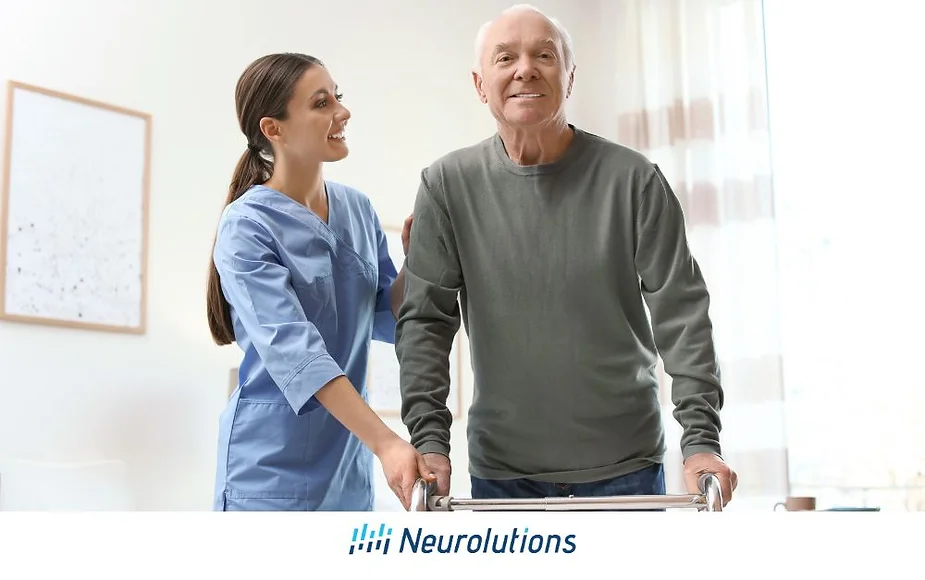
by admin_n3ur01utions | Aug 29, 2023 | About Stroke
In Latin, the word for “brain” is “cerebrum.” Cerebrum is the largest and most predominant part of the human brain, making up approximately 85% of the organ. This part of the brain is responsible for higher cognitive functions, conscious thought, memory, speech, the...

by admin_n3ur01utions | Aug 21, 2023 | Treatment
Hand impairments following a stroke can impact activities of daily living, especially activities that involve reaching, grasping, and hand manipulation. However, specific fine motor exercises can be performed in order to restore hand strength and manipulation....

by admin_n3ur01utions | Aug 15, 2023 | After Stroke
What Is Confabulation After A Stroke? Confabulation is a cognitive phenomenon observed in some stroke survivors and individuals with neurological conditions. It involves the fabrication of seemingly remembered memories, perceptions, or narratives, to fill in gaps in...

by admin_n3ur01utions | Jul 20, 2023 | After Stroke
Stroke survivors should be aware of amygdala damage because it can have significant implications for their emotional well-being, social interactions, and overall quality of life. This article discusses the impact of amygdala damage from a stroke and what types of...

by admin_n3ur01utions | Jun 20, 2023 | For Caregivers
When a loved one or friend has a stroke, it can be imperative for their recovery to provide support in the form of assistance from tasks such as getting dressed, helping assemble meals, and assisting in transportation to and from doctors and therapy appointments....
